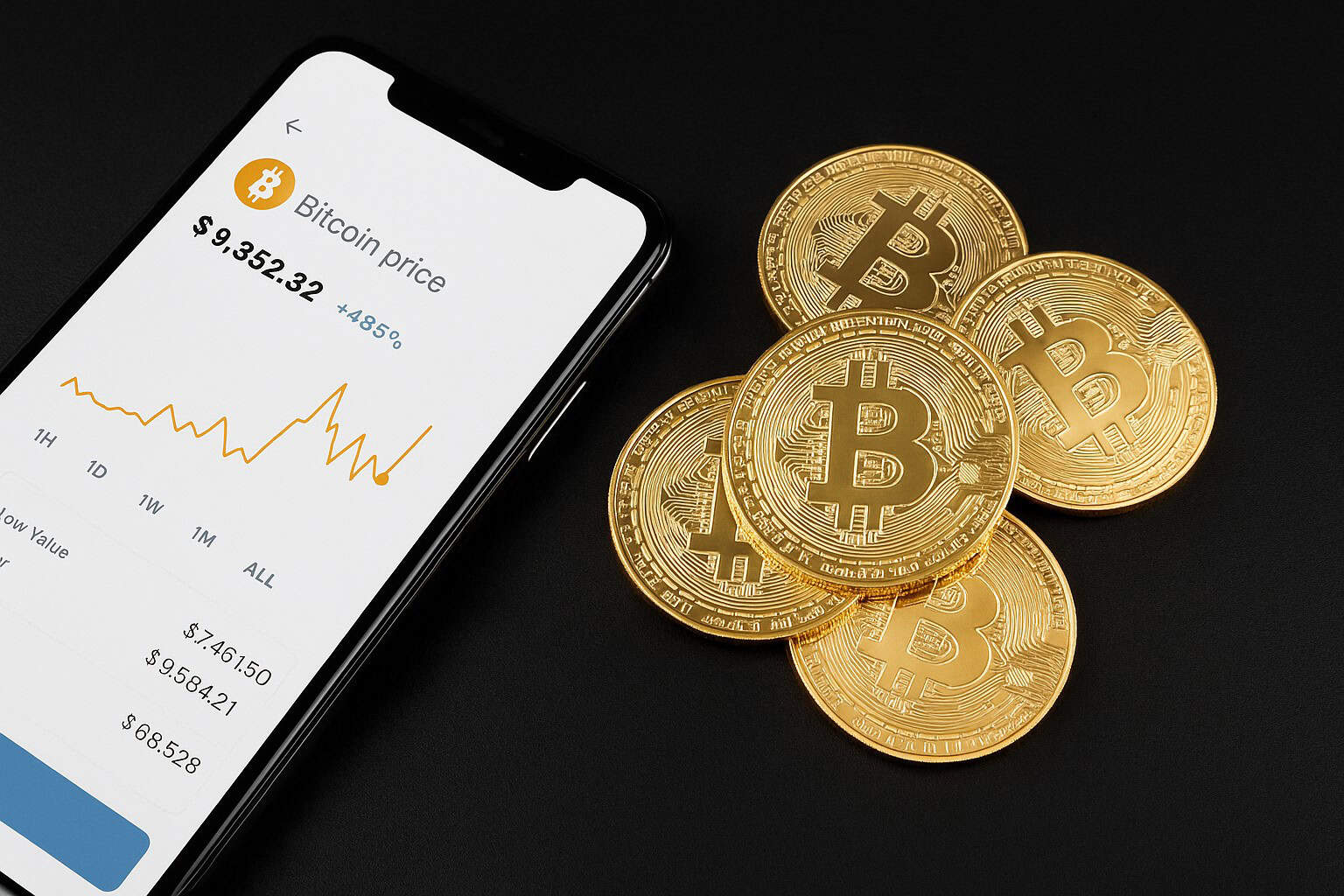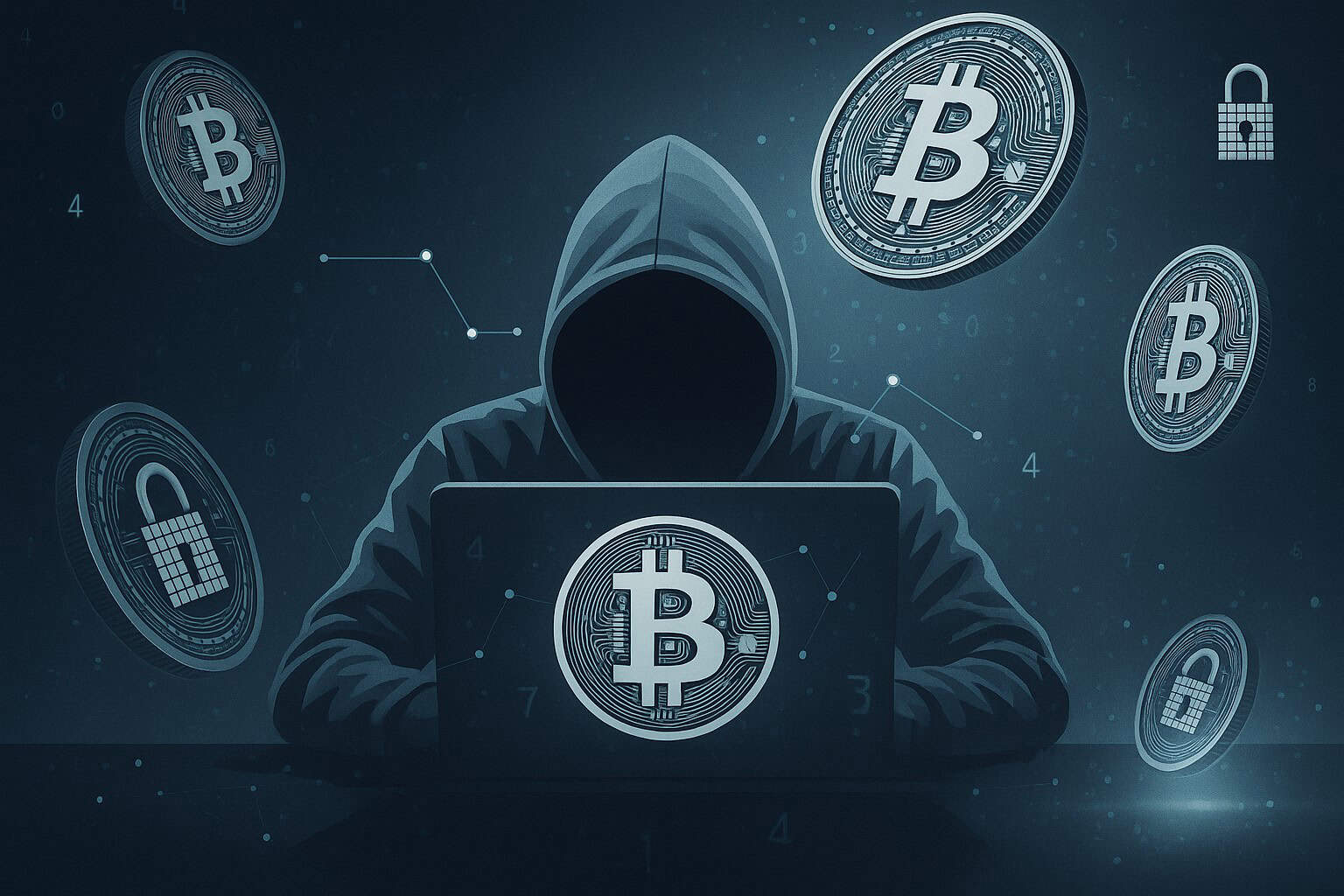On April 23, KuCoin officially launched its fully licensed crypto exchange platform in Thailand, following the rebranding of ERX Company Limited to KuCoin Thailand.
ERX holds the distinction of being Thailand’s first digital asset exchange regulated by the Securities and Exchange Commission (SEC), marking a strategic foothold in a tightly controlled market.
Can KuCoin Break Bitkub’s Grip on Thailand’s Crypto Market?
The move signals KuCoin’s growing pivot toward Asia, where crypto regulations—while stringent—offer a clearer framework for licensed players.
Thailand’s crypto space is lucrative but crowded, with established exchanges like Bitkub dominating daily trading volumes of over $70 million. Other players, including Gulf Binance, Upbit, and WAAN Exchange, also compete fiercely for market share.
By acquiring ERX, KuCoin secures a regulated local presence, enabling it to roll out its global infrastructure with a region-specific strategy. The newly rebranded platform aims to deliver international-level trading features coupled with native support—a formula designed to pull users away from entrenched platforms like Bitkub.
Thailand’s regulatory landscape, however, remains a challenge. The government has banned crypto assets for payments since 2022, pushing exchanges toward compliance-focused trading. Meanwhile, the SEC is cracking down on unlicensed foreign P2P platforms in an effort to curb illicit activities.
Recovering From KuCoin’s U.S. Regulatory Meltdown
KuCoin is still dealing with the aftermath of its legal troubles in the U.S., where it pleaded guilty to operating an unregistered money transmission business. As part of a plea deal, the company agreed to pay nearly $300 million in penalties and forfeitures.
The U.S. Department of Justice slapped KuCoin with a $112.9 million fine and ordered it to surrender $184.5 million in ill-gotten gains. Additionally, KuCoin has been barred from conducting business in the U.S. for two years due to its inadequate AML and KYC compliance practices.
In late 2023, regulators discovered that KuCoin facilitated billions in suspicious transactions. These included funds tied to darknet marketplaces, ransomware, and fraud, prompting the exchange to exit the New York market and settle with a $22 million payment.
Leadership changes followed as founders Chun Gan and Ke Tang stepped down. KuCoin has pledged a complete compliance overhaul—but rebuilding public trust after such a scandal won’t be easy.
MiCA Licensing Could Unlock European Markets for KuCoin
Looking to bounce back, KuCoin has set its sights on Europe. The company is actively seeking approval for a MiCA license—required under the EU’s new Markets in Crypto-Assets regulation.
Austria has been chosen as KuCoin’s regulatory base in Europe, with Vienna tapped to become its new EU headquarters. If granted, the MiCA license will allow KuCoin EU Exchange GmbH to legally operate across all EU and EEA member states.
This expansion is not just geographical but strategic, signaling KuCoin’s commitment to regulatory compliance and a more transparent operating model. With Europe’s regulatory clarity and access to top-tier talent, KuCoin hopes to rebuild its brand in one of the world’s most investor-friendly crypto regions.



